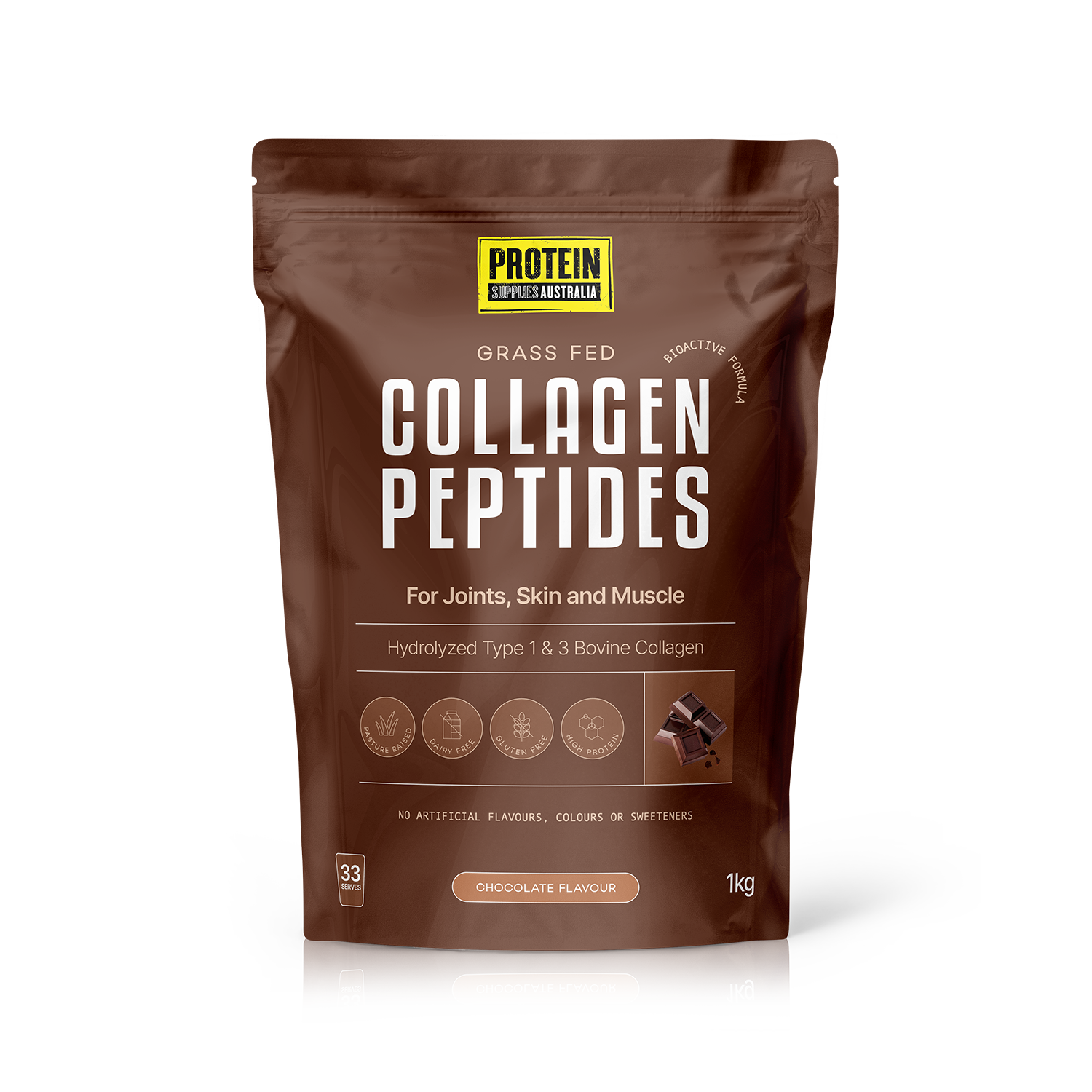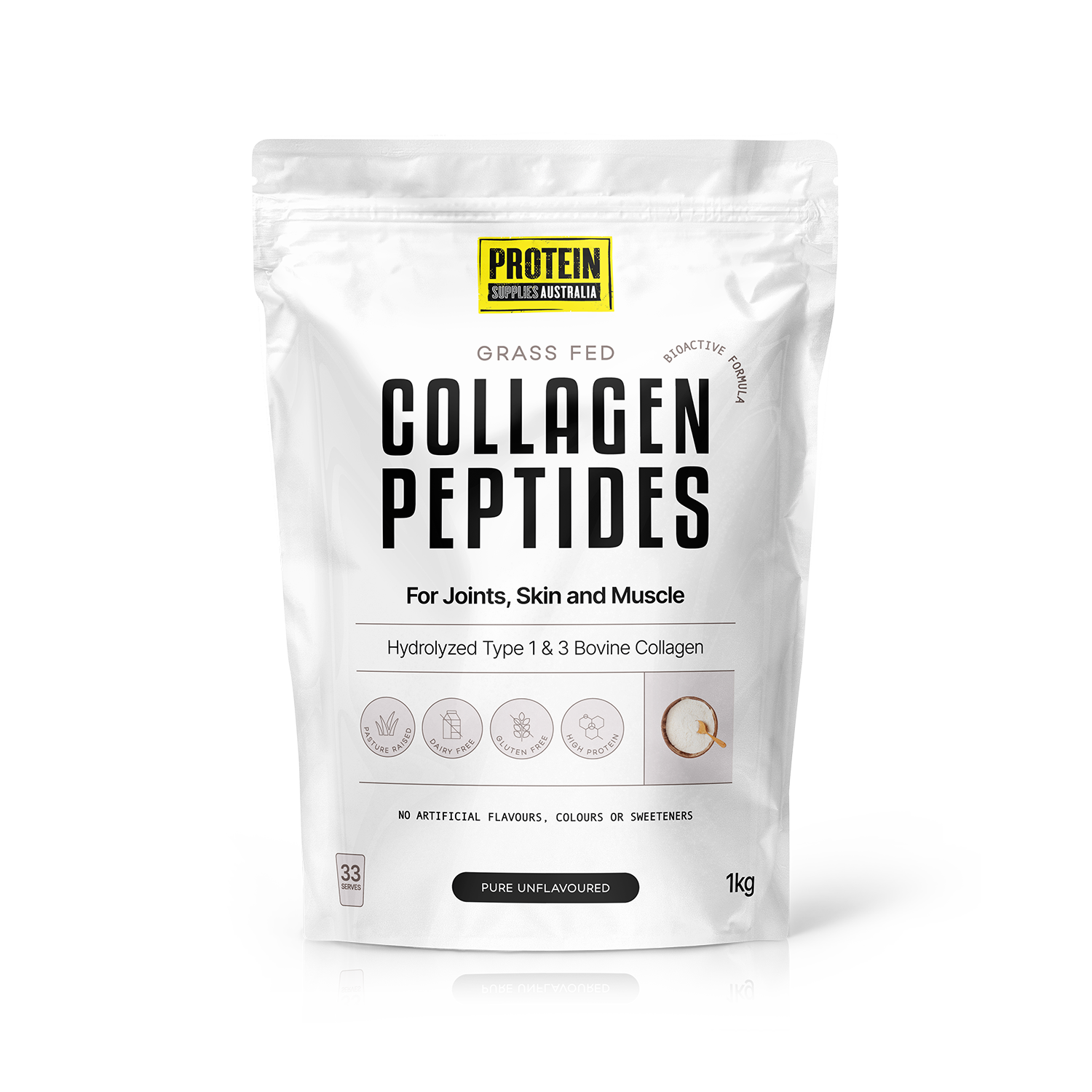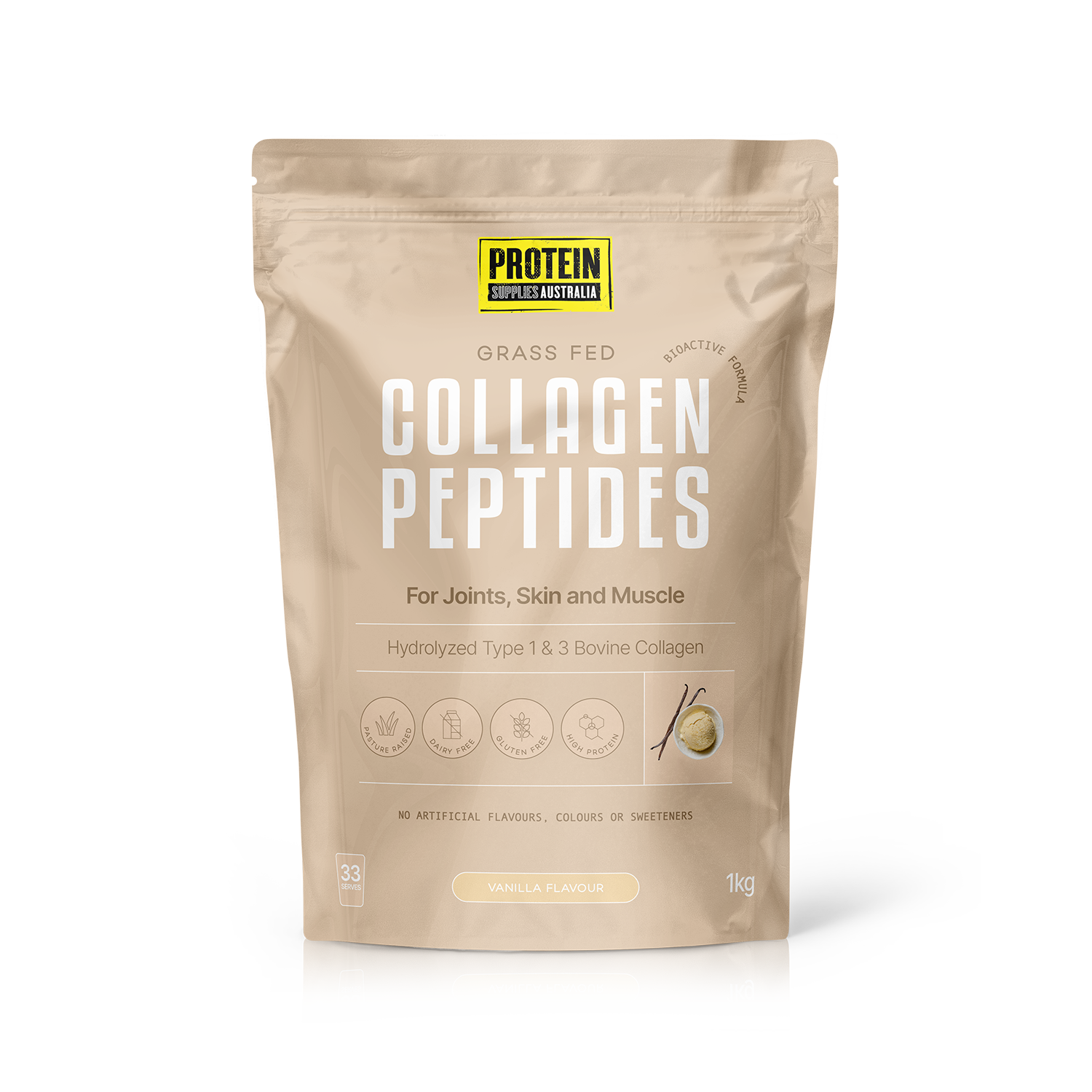Collagen is the most abundant protein in the human body, forming the foundation of connective tissues, skin, bones, and blood vessels.
It is composed of amino acid chains, with specific amino acids like glycine and proline playing essential roles in its production. But exactly how much collagen per day should you consume to maintain your health and vitality?
Introduction to Collagen Supplements
Collagen supplements have gained popularity in recent years due to their potential health benefits, including improved skin health, joint health, and muscle mass. Collagen is the most abundant protein in the human body, making up approximately 25-35% of all proteins.
It is composed of amino acids, specifically glycine, proline, and hydroxyproline, which are essential for skin health, wound healing, and body composition. Collagen supplements, such as collagen peptides, hydrolyzed collagen, and marine collagen, can help support collagen production and promote overall health and well-being.
Understanding Collagen Supplements
Today, collagen supplements have surged in popularity, ranging from collagen powder to collagen gummies. These products often contain hydrolyzed collagen (also called collagen hydrolysate or collagen peptides), making them easier to absorb.
Collagen peptides are hydrolyzed forms of collagen, broken down for better absorption in the body. As a dietary supplement, collagen supplements can offer potential benefits for skin health, joint pain relief, and overall well-being. Some supplements even blend vitamin C to aid in collagen production.
Types of Collagen
There are several types of collagen, including type I, II, and III, which are the most common types found in the body.
Type I collagen is found in skin, hair, and nails, while type II collagen is found in cartilage and joints. Type III collagen is found in muscles, organs, and blood vessels.
Other types of collagen, such as type IV and V, are also present in the body, but are less abundant. Collagen supplements often contain a combination of these types, which can provide comprehensive health benefits.
How Much Collagen Should You Take?
While there’s no universal guideline, clinical research suggests that taking 2.5 to 15 grams of collagen peptides daily can yield noticeable health benefits. For instance:
-
2.5g/day may enhance skin hydration and reduce joint pain.
-
5g/day could improve bone density and support joint health.
-
15g/day may contribute to muscle mass improvement and better body composition. This dosage can also help improve muscle mass.
For undenatured type II collagen, smaller amounts (10-40mg/day) are recommended to benefit joint pain.
It is important to take collagen supplements to support various health goals, including improved skin hydration, joint health, and muscle mass increases.
Factors Affecting Collagen Dosage
The dosage of collagen supplements can vary depending on individual factors, such as age, health status, and goals. For example, older adults may require more collagen to support skin health and joint health, while athletes may require more collagen to support muscle growth and recovery.
Additionally, the type of collagen supplement and its form, such as powder or capsules, can affect the dosage. Generally, a daily dose of 2.5-15 grams of collagen peptides is considered safe and effective.
The Health Benefits of Collagen Supplementation
Taking collagen supplements regularly can support:
-
Skin health: Promote hydrated skin and combat aging skin. A balanced diet helps the body produce collagen naturally. Amino acids and nutrients are the building blocks of collagen.
-
Bone health: Boost bone mineral density and bone density.
-
Joint health: Maintain healthy joints and joint cartilage. Collagen plays a crucial role in supporting connective tissue.
-
Muscle growth: Improve muscle mass by providing essential amino acids.
-
Wound healing: Accelerate recovery with support from amino acids and collagen protein.
Collagen and Joint Health
Collagen is essential for joint health, as it provides structure and support to cartilage and connective tissues.
Additionally, collagen supplements can help promote cartilage growth and reduce inflammation, which can benefit individuals with osteoarthritis.
Hydrolyzed collagen, which is easily absorbed by the body, can be particularly beneficial for joint health.
Beauty Benefits of Collagen
Collagen supplements can have numerous beauty benefits, including improved skin hydration, skin elasticity, and reduced wrinkles. Collagen peptides can help stimulate collagen production, which can lead to more youthful and radiant skin.
Additionally, collagen supplements can help improve hair growth, nail health, and skin texture. Marine collagen, which is rich in amino acids, can be particularly beneficial for skin health and beauty.
Overall, collagen supplements can be a valuable addition to a beauty routine, promoting healthy and glowing skin from the inside out.
Types of Collagen Supplements Available
When choosing a supplement, it’s crucial to understand the source:
-
Bovine collagen: Derived from cows, rich in Types I and III collagen.
-
Marine collagen: Extracted from fish skin and fish bones, known for better absorption.
-
Animal collagen: General term for collagen from animal sources.
-
Vegan collagen: Newer options that stimulate the body to produce collagen, although technically different.
Most collagen supplements today offer a blend to maximise beauty benefits and structural support. Hydrolyzed collagen is frequently available in different supplement forms, particularly noting the convenience and versatility of its powder form.
This allows users to easily incorporate it into a variety of recipes, including beverages and baked goods.
Additionally, postmenopausal women have specific collagen needs due to the impact of sex hormones on skin collagen levels, highlighting the physiological changes that occur during this stage of life and their implications for skin health and aging.
Hydrolyzed Collagen vs. Other Forms
Hydrolyzed collagen or hydrolysed collagen is broken down into peptides for easier digestion. This form is the most studied and trusted in clinical and aesthetic dermatology for improving skin elasticity and bone density.
Collagen peptide supplementation is known for its benefits in enhancing collagen synthesis, improving skin elasticity, and aiding recovery from injuries.
Additionally, undenatured collagen is significant for joint health, offering potential benefits in appropriate dosages.
Final Thoughts on Collagen Intake
Ultimately, ensuring a consistent intake of collagen peptides or collagen powder, supported by a diet abundant in essential amino acids, is key to preserving your skin health, joint health, and overall vitality. Whether from bovine collagen, marine collagen, or collagen hydrolysate, the health benefits are clear, though more research continues to refine our understanding.
Always choose high-quality types of collagen supplements and maintain reasonable doses to enjoy a vibrant, youthful life.






How Much Protein Should You Eat to Gain Muscle?
Protein Powders and Weight Loss: Are Protein Shakes Good for Weight Loss?